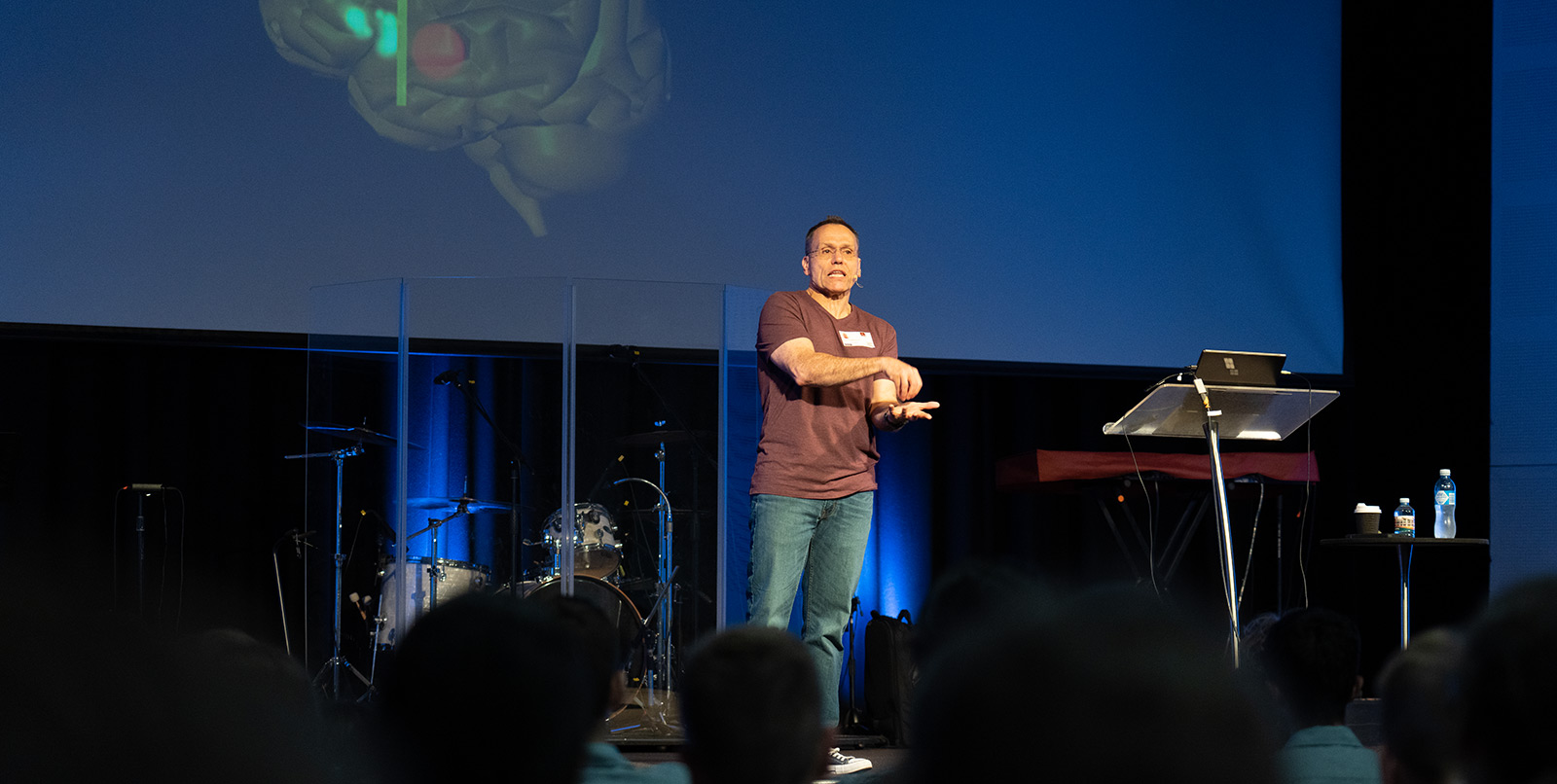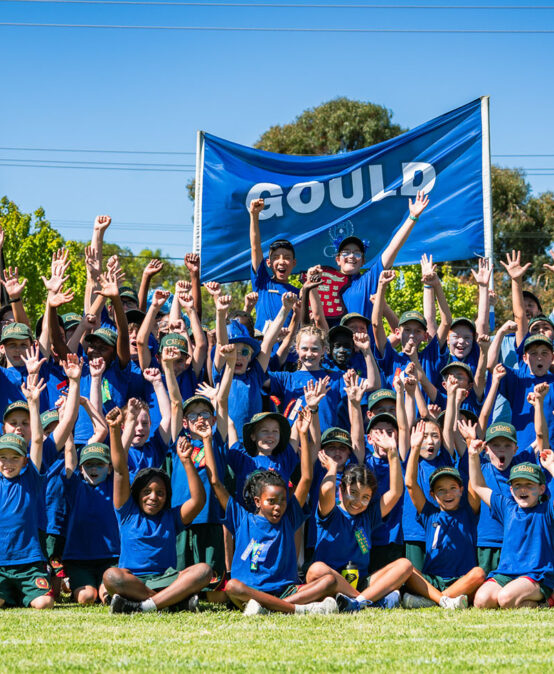
Digital Dilemmas
International speaker, Brad Huddleston, gives helpful advice on living and learning in the digital age.
Digital Dilemmas
At Cedar we want to promote technology use for effective research, and communicating learning in powerful and efficient ways.
Technology can be very helpful in some contexts while being problematic in others. Research from the Australian Institute of Family Studies showed that by the age of 12-13 years old, Australian children spend an average of 3 hours per weekday, and almost 4 hours per weekend day, on screens. Furthermore, ACMA (Australian Communications and Media Authority) 2020 research indicated that 46% of 6-13-year-old Australians had their own phone while 1 in 3 aged 6 to 13 owned the mobile phone they use.
International speaker, Brad Huddleston, recently spoke with students from Year 4 -12, as well as parents, educating them about video games and social media that are designed to maximise dopamine release in the brain. This makes these aspects of technology particularly engaging, leading to addictive behaviour because of the quantity of dopamine released during technology use. Some symptoms to keep an eye out for in your child’s relationship with technology are: anger and aggression along with anxiety, irritability and emotional numbness. Brad advocates for a digital detox if it is having a harmful impact, recommending only analogue entertainment during this detox period.
Practical Advice
Some of Brad’s practical advice was for students to remove entertainment tabs when studying to reduce task switching, along with ensuring phones and other distractions are in a separate location. This extends the duration of focus and therefore enhances learning and memory. Additional suggestions included keeping screens outside of bedrooms and creating a family social media account, rather than individual child/adolescent accounts. This helps parents to manage discussions and maintain appropriate boundaries. Removing notifications from devices also assists with reducing distraction along with curating home screens to reduce impulse scrolling, shopping, and further distraction.
The plasticity which Brad showed that the human brain has, and its ability to recover from digital addiction and return to health, particularly encouraged me. An example shown was the differences in a pre and post brain scan after three weeks of outdoor and analogue activities, without technology.
We have encouraged students since the seminars to review the role technology has in their lives and also to place importance on non-digital forms of recreation. We hope Brad’s sessions and the follow-up conversations help each of us to support one other in maintaining a healthy and helpful relationship with technology. The eSafety Commissioner website has a broad range of resources for parents, which we also commend to families.
Mr David Webb, Director of Middle School Student Development
Read the whole newsletter
Complete newsletters online














